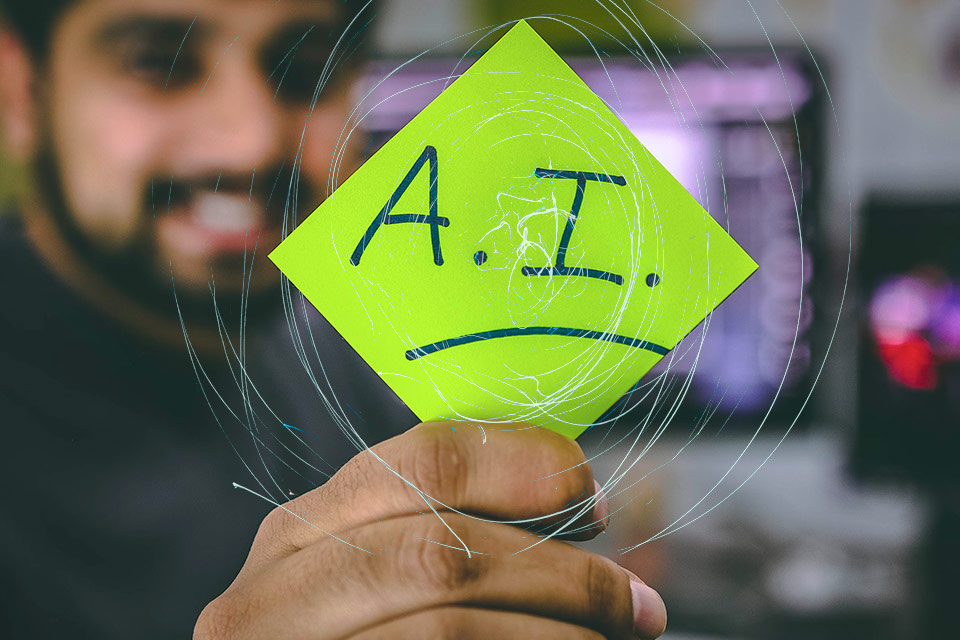Introduction
Do you use AI? Do you understand what it is…or how it works…or anything about it beyond the buzz?
Even if you don’t seek out artificial intelligence engines, there are more than 4.2B WiFi-connected devices that use AI for their “virtual assistants.”
Our society is embracing artificial intelligence in more and more aspects of daily life! It automates menial tasks, answers our toughest questions right on the spot, and even keeps us safer online. Read on to dive into your crash course in everything AI!
What Is AI?
Artificial intelligence (AI) is a field of computer science focused on creating machines that can think and act like humans. This involves things like AI algorithms analyzing massive amounts of information and identify patterns in it. Think of it like studying for a test, but on a much bigger scale! Then, based on what they’ve learned, AI systems can make predictions, solve problems, and even take actions. As AI encounters new data or situations, it constantly refines its skills and gets better at what it does. Imagine constantly practicing and perfecting a skill through experience…except unlike the skills we have to internalize, all of this is done without human input!
Automation like this can be incredibly helpful. Think of the AI engines that can create recipes, write songs, and make art! This can simplify tasks like driving, translating languages, or providing customer service, therefore freeing up people for more creative and strategic work that requires a human touch. It can also make difficult tasks easier for us, such as by analyzing complex data to extract insights that would take us a lot more time and effort to discern. This can help lead to advancements in healthcare, finance and even scientific research.
Sounds great, doesn’t it?
The Downsides of Artificial Intelligence
As AI automates more tasks, some jobs may disappear, requiring society to adapt and create new opportunities. This can be frustrating, especially for people who work in very specialized industries or whom have particular skillsets that they have fostered throughout their professional career, now rendered obsolete.
Then there is bias to consider. Many people consider machines to be impartial, and therefore free of the unconscious opinions that influence humankind. Unfortunately that is not strictly true for AI; because these machines learn by studying aggregated data, the data itself was created by people with their own unconscious (or intentional!) biases. Thus, AI may unwittingly reflect the opinions of its source material, and produce offensive, insensitive or incorrect content.
As AI becomes more sophisticated, questions arise about who’s responsible for its decisions and how to ensure it doesn’t harm humans. We must consider the integrity of the data being fed to the AI so as to create more impartial technology moving forward.
Conclusion
Artificial intelligence can be used for good or bad, depending on how we develop and implement it. By being aware of both its benefits and dangers, we can ensure that AI benefits all of humanity while minimizing the risks therein.
One thing is for sure: AI isn’t going anywhere soon! If we can learn to recognize and avoid its dangers, we can make use of all the good it can do—without risking our digital security.
References



